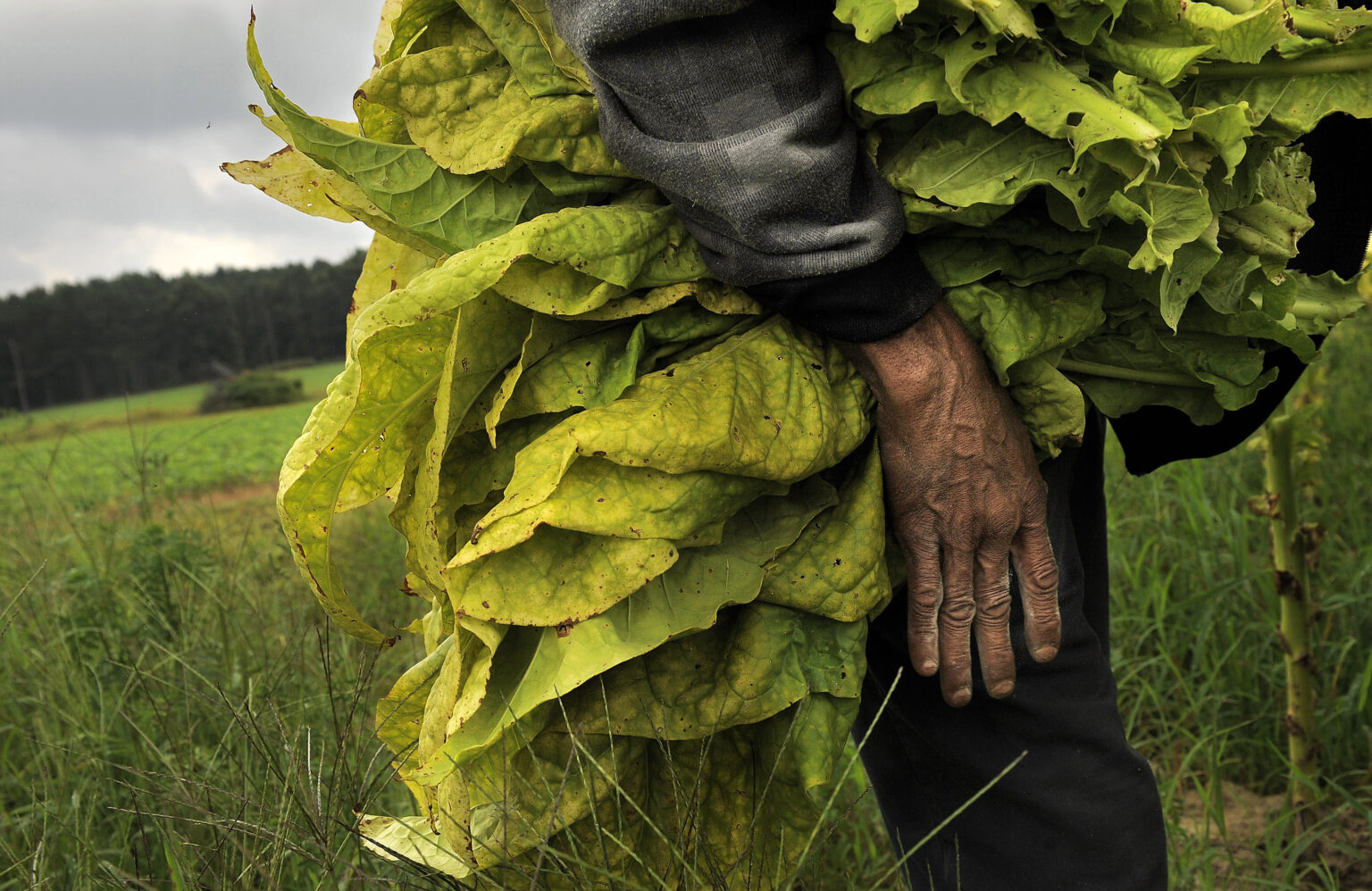Intense Lobbying Battles Between Major U.S. Tobacco Companies Over Tax Incentives
In the United States, two leading tobacco corporations are engaged in a fierce lobbying contest centered around a pivotal provision in the Republican-led comprehensive tax and spending legislation. This legislative effort, which aims to overhaul various fiscal policies, has become a battleground for industry interests and political influence.
Legislative Divergence: House vs. Senate on Tobacco Tax Breaks
The bill recently passed by the House of Representatives includes a proposal to rescind a $12 billion tax advantage that benefits tobacco exporters-primarily North Carolina-based firms-by reducing their export costs. Conversely, the Senate’s version of the bill proposes to maintain this tax benefit, setting the stage for a contentious debate over its future.
Industry Influence and Political Maneuvering
Major industries, including finance, healthcare, and renewable energy, are investing heavily in Washington to sway the fate of this legislation, which could impact hundreds of billions of dollars in corporate interests. The fight over the tobacco tax provision is anticipated to be among the most costly lobbying campaigns of the year, reflecting its significance.
The Mechanics of the Tobacco Export Tax Policy
The contested policy, known as the “duty drawback,” simplifies the process for U.S. companies to export tobacco leaves. Firms purchase raw tobacco from farmers, ship it abroad for manufacturing into cigarettes, cigars, and other products, then re-import the finished goods. Because the final assembly occurs outside the U.S., these companies qualify for rebates on federal taxes and import duties. Domestic manufacturers, like Altria, which primarily sell within the U.S., do not benefit from these rebates.
Industry Stakeholders and Financial Commitments
Altria, the parent company of Philip Morris USA, has invested nearly $5 million lobbying Congress on this issue and other legislative matters in the first half of 2025, according to federal disclosures. Meanwhile, British American Tobacco (owner of RJ Reynolds) and Japan Tobacco International, the two primary beneficiaries of the tax rebate, have each spent approximately $170,000 on lobbying efforts during the same period.
Historical Context and Policy Challenges
During President Donald Trump’s first term, the administration attempted to eliminate the drawback program through executive orders, but legal challenges thwarted these efforts. Currently, Senator Thom Tillis (R-NC) has played a pivotal role by pushing to retain the rebate, citing its importance to North Carolina’s economy and farmers.
Economic and Political Implications
The ongoing legislative negotiations are complicated by concerns over the bill’s soaring costs. The Congressional Budget Office estimates that the legislation could add approximately $3.3 trillion to the national debt over a decade, especially when considering its broader economic effects. As a result, lawmakers are increasingly interested in provisions that could help reduce the bill’s overall price tag.
Public Opinion and Political Dynamics
Recent polls from The Washington Post and Ipsos reveal widespread public opposition to the bill, particularly to proposals that cut social programs like anti-poverty and hunger initiatives to offset tax reductions. In North Carolina, the debate over the tobacco tax rebate is also intertwined with upcoming political contests, notably the 2026 Senate race, which could influence control of the chamber.
Local Economic and Cultural Significance
For North Carolina, tobacco remains a vital economic pillar, contributing approximately $31 billion annually to the state’s economy, according to the John Locke Foundation. The industry’s influence extends beyond economics, holding cultural significance as well. Many residents have personal or familial ties to tobacco farming, which historically shaped the state’s identity.
Farmers and Agricultural Interdependence
Kimberly Foley, executive director of Tobacco Associates, explains that tobacco cultivation supports a diverse array of crops, including sweet potatoes, corn, and various fruits and vegetables. The tax rebate helps tobacco farmers afford higher-quality purchases, which in turn sustains the multi-crop farming system. Without this support, farms could face financial instability, risking the loss of their primary income source and the logistical infrastructure that underpins regional agriculture.
Political and Cultural Resonance
The tobacco industry’s enduring presence in North Carolina politics is evident. Prominent donors from companies like Altria and British American Tobacco have contributed significant funds to political campaigns, including those of Senator Tillis. Beyond monetary influence, tobacco’s cultural legacy fosters a sense of community and respect among residents, many of whom view the industry as integral to the state’s history and identity.
Looking Ahead: The Future of Tobacco Tax Policy
As legislative negotiations continue, the outcome of this dispute will have far-reaching implications for the industry, local economies, and political landscapes. The debate underscores the complex interplay between economic interests, political influence, and cultural heritage in shaping policy decisions that affect millions of Americans and the economic fabric of North Carolina.

